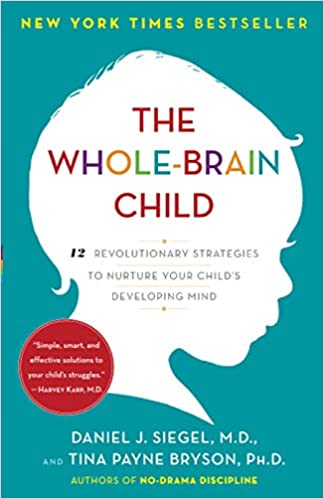by Mae Carlson, MS, CCC-SLP and Sonali Bhagat, MS, CCC-SLP
 More and more parents understand the importance of reading to young children to promote literacy. Yet many parents are so eager to advance their child’s reading fluency that they neglect the importance of imaginative play in developing critical comprehension skills.
More and more parents understand the importance of reading to young children to promote literacy. Yet many parents are so eager to advance their child’s reading fluency that they neglect the importance of imaginative play in developing critical comprehension skills.
So before you start to pack up the picture books and encourage your young child to read Harry Potter, make sure he’s getting plenty of opportunity to play.
Why is play important and what kind of play develops the foundation for literacy skills?
Child development specialist J.L Hymes explains, “Play for young children is not recreation activity. It is not leisure-time activity. It is language time.” Language-rich, dramatic, imaginary play is particularly important to develop the foundation for reading comprehension. This type of play has a storyline, characters and problems that need to be solved.
Pretending to visit the doctor, for example, requires the child to be creative, assign characters (“Eli will be the doctor and Sophie will be the patient”), think of a scenario (“Sophie broke her leg”), negotiate disagreements (“Eli and Jordan can take turns being the doctor”), engage in a dialogue, anticipate what happens next and deal with a situation that does not go as planned (“Uh oh, Sophie’s leg still hurts”).
By contrast, a child who sits down with a fire truck and is asked to push a button to hear the truck make noise isn’t doing anything with language or planning.
Children gain new experiences and perspectives
Play allows children to gain experiences they may not get in their everyday life. A young boy in the Midwest can discover what it might be like to be a seafaring pirate. He can use props and pretend objects to develop his language skills and invent a story.
In a study conducted in the desert region of Australia, children were unable to understand the concept of a truck getting stuck in the mud. Living in a dry climate, they had no experience with mud. But through play, they could make mud, play with trucks in the mud and understand a foreign concept. This level of play helps children gain perspective and experience that increases their world knowledge and by turn gives them a deeper understanding of reading material.
Creative play enhances critical thinking skills
Through creative play, your child will develop a multitude of critical skills for reading comprehension including: prediction skills, critical thinking skills, cause and effect relationships, sequencing, identifying character motivations, identifying multiple perspectives, identifying conflict in the plot of the story and its resolution, creating alternate endings, and answering open-ended questions.
Imagine your child in sixth grade taking a test with a question about the poem “Casey at the Bat.” Will he be ready to answer, “How might Casey have felt when he stepped up to bat?” Prepare him by cutting back on a scheduled lesson, waiting to emphasize chapter books and making sure you give him plenty of time to play.
A version of this article was published in the Parents’ Club of Palo Alto and Menlo Park online article repository.
Do you have concerned about your child’s development? To schedule an evaluation or to get advice about your child’s challenges, call or email a CHC Care Coordinator at 650.688.3625 or careteam@stage.chconline.org







